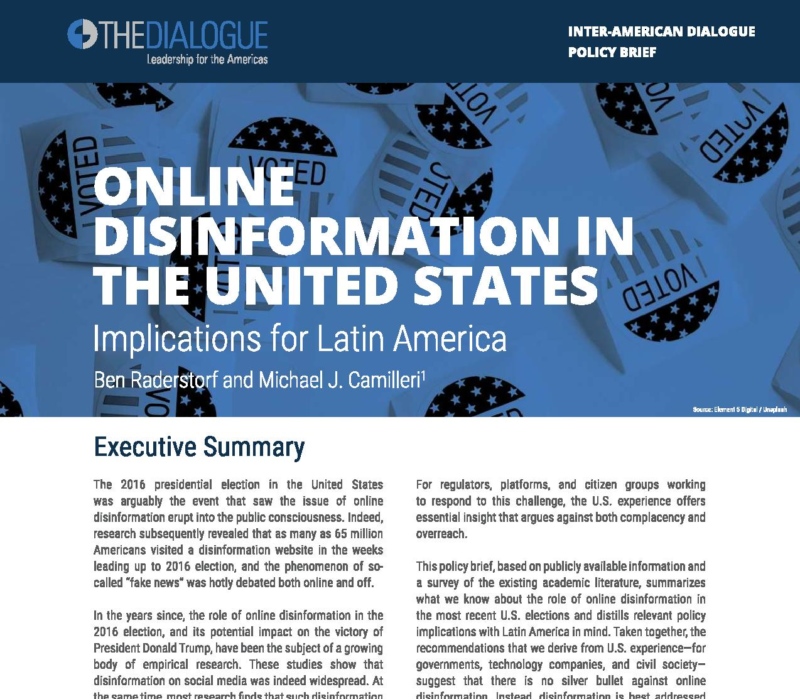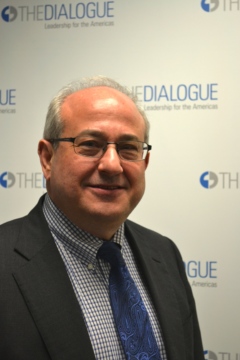
Will Congress Unravel the Trans-Pacific Partnership?
How will election-year politics play into the TPP’s future? What steps can supporters of the accord take to help secure passage?
The 2016 presidential election in the United States was arguably the event that saw the issue of online disinformation erupt into the public consciousness. Indeed, research subsequently revealed that as many as 65 million Americans visited a disinformation website in the weeks leading up to 2016 election, and the phenomenon of so-called “fake news” was hotly debated both online and off. In the years since, the role of online disinformation in the 2016 election, and its potential impact on the victory of President Donald Trump, have been the subject of a growing body of empirical research. These studies show that disinformation on social media was indeed widespread. At the same time, most research finds that such disinformation did not influence the outcome of the election, though the broader Russian information warfare campaign may have.
The comparatively early experience of the United States with online disinformation and the subsequent efforts to document and measure its impact—as well as the evolving responses of policymakers, social media platforms, and others—render the U.S. a useful case study for other countries contemplating this challenge. In Latin America, disinformation—false information deliberately and often covertly spread to influence public opinion—has been a feature of recent elections in countries that include Brazil, Colombia, and Mexico. As social media’s relevance as a source of political news expands, so too will the potential reach and impact of disinformation. For regulators, platforms, and citizen groups working to respond to this challenge, the U.S. experience offers essential insight that argues against both complacency and overreach.
This policy brief, based on publicly available information and a survey of the existing academic literature, summarizes what we know about the role of online disinformation in the most recent U.S. elections and distills relevant policy implications with Latin America in mind. Taken together, the recommendations that we derive from U.S. experience—for governments, technology companies, and civil society— suggest that there is no silver bullet against online disinformation. Instead, disinformation is best addressed via agile, collaborative, multistakeholder responses that combine carefully conceived, rights respecting regulation; technological adaptations by social media platforms; and civil society-driven efforts in areas such as fact-checking and digital literacy.
Disinformation, in short, is about discrediting. From elections to the media to partisan politics to the institutions of Congress and the Presidency—doubt and chaos and distrust have very much conquered the United States. Only a concerted and sober effort to rebuild trust can win them back.
FOR GOVERNMENTS
FOR TECHNOLOGY COMPANIES
FOR CIVIL SOCIETY
How will election-year politics play into the TPP’s future? What steps can supporters of the accord take to help secure passage?
Presidente emérito do Inter-American Dialogue, Peter Hakim diz que maioria republicana sabe que Hillary é provável vencedora.
Michael Shifter fue entrevistado por Gerardo Torres de El Salvador sobre los temas más destacados en la agenda regional. Entre otros asuntos, Shifter habló sobre el futuro de la paz en Colombia, la crisis política y económica en Venezuela, y el impacto de las elecciones de Estados Unidos en la región.


